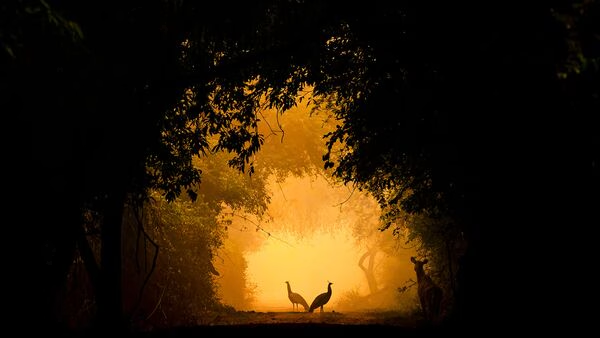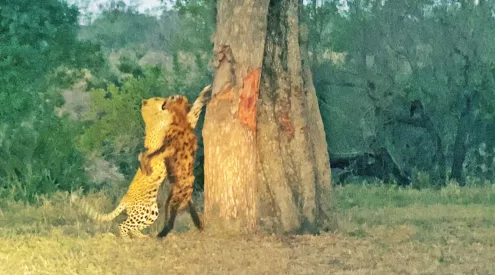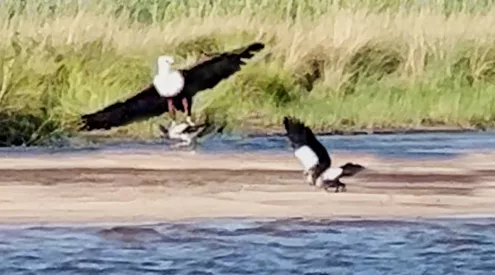The other day, I watched a documentary titled Ocean Giants, narrated by Stephen Fry, and I came away from it more convinced than ever that animals know a heck of a lot more than we give them credit for and if we’re not careful we will have an Animal Farm situation on our hands, although I think dolphins are more likely to get organised than pigs.
I shared this profound thought with my boyfriend, along with the insightful idea that in five years time we will be able to communicate with cetacea and he laughed his head off, refusing to take me seriously. Well, when the whales and dolphins use their superior brain cells to kick our butts and I’m in their good graces, we will see who is laughing then.
Seriously though, even with less intelligent animals, such as your faithful hounds, you can easily detect a noticeable intelligence and natural empathy in their behaviour patterns. I was watching a sad movie the other day and my dog came up to me and licked my hand, resting his head on my knee and I swear he was trying to comfort me. Ask any pet owner – animals know far more than we think they do.
Pachyderms are another prime example – playful, unpredictable and empathetic, it has been proven that elephants are one of the most intelligent species on the planet, particularly in terms of their emotional intelligence. You only have to observe the complex social interactions between members of a herd to understand that elephants are highly evolved creatures, with established social hierarchies.
It is obvious that ellies are quite capable of a range of emotions and it has been proven that part of the reason for this stems from their highly convoluted neocortex, which is indicative of complex intelligence and is a characteristic shared by humans, certain dolphins and apes. It is said that elephants never forget and although we cannot prove this adage entirely, it is certainly true that their capacity for memory is impressive and a key factor for their survival.
When an elephant dies, the entire herd will stand around her, caressing her with their trunks. Even when nothing but bones remain, the herd will still come to the grave and pay their respects to the dead. When Lawrence Anthony died, his two elephant herds walked for miles to stand around his house on the day of his memorial. No one knows how they knew that their faithful friend had died, but somehow they did and they gathered because they loved him.
Spindle cells are the cells in the brain responsible for our emotional intelligence, social interactions and language. Until recently, humans arrogantly thought that we were the only ones to possess such cells. We now know that whales have three times the number of spindle cells that we do, in parts of their brains where we don’t have them. They’ve also had the cells for twice as long as we have and their complex social interactions prove that their emotional intelligence and communication skills are highly advanced.
Have you ever heard a humpback whale sing? Haunting and utterly beautiful, the melodies are always different and sung with the intent of communication. The behemoth mammals also utilise their body language to socialise, with each motion signalling a different message. Certain kinds of dolphins call each other by name and have developed specialised hunting techniques that require them to fling up walls of mud with their tails in order to trap unsuspecting fish. The point is that dolphins and whales are highly evolved, intelligent animals, with the capacity for advanced communication, so it is actually not so far fetched after all to believe that we might one day be able to talk to them.
I wonder what a chat to a whale would be like? I really do believe that they are the guardians of a few of the universe’s most well kept secrets, so it could be rather an enlightening conversation. On the other hand it could revolve around plankton flavours and the impoliteness of hermit crabs – but that’s fine as well. Whether you are a sceptic like my boyfriend or a dreamer like me, all I’m asking is that you realise that they’re smarter than you think.


















